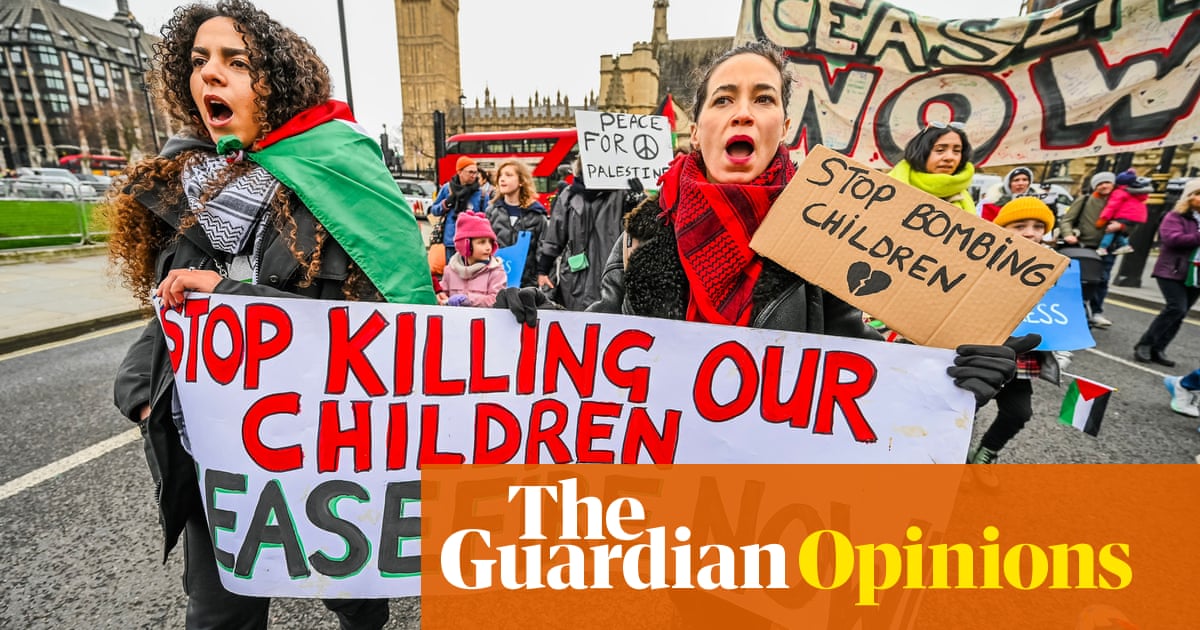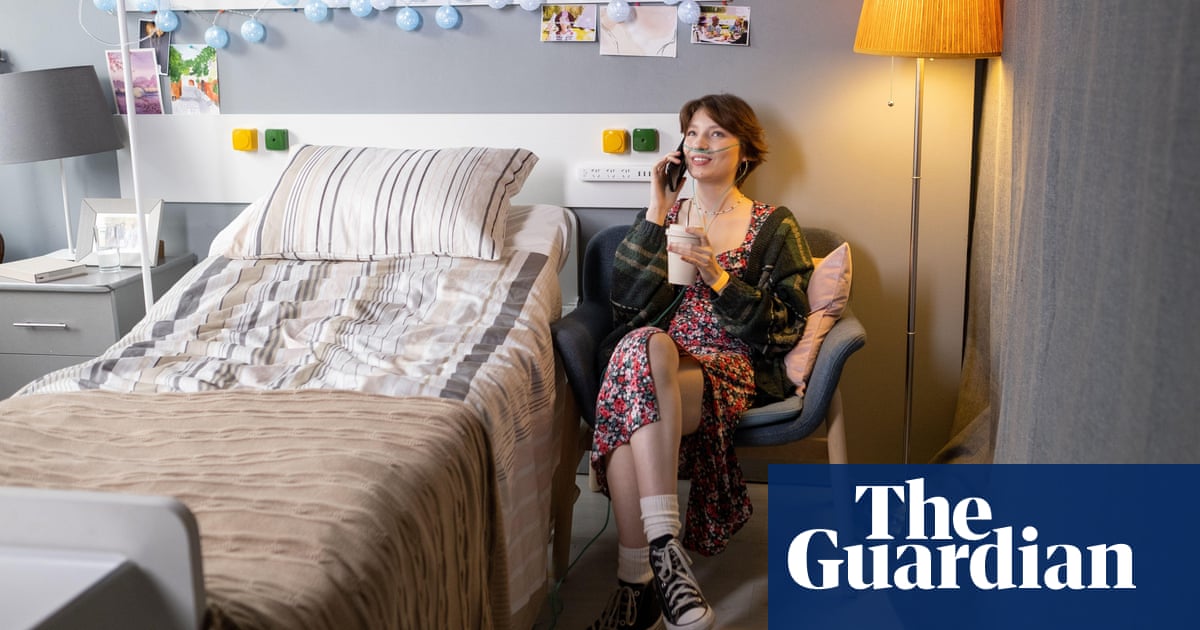
There are no books on how to talk to kids about a global pandemic. Three experts share advice on what to tell them about the coronavirus.
Is there a right moment to talk kids about the coronavirus?
Madeline Levine: As soon as your child has questions, or notices that things are different, you’re going to have to be prepared to talk to them. The issue is how differently you talk to a five-year-old and a 15-year-old. Five-year-olds still live in a world of magic, things are real to them in ways they aren’t to older children. So the virus is a terrifying thing, and they can’t think logically. Keep your answers short … mostly they’ll be reading how you’re feeling more than anything that you have to say.
You might say, “I’m sure you’ve noticed things are different around here, do you have any questions?” You can use this simple, open-ended question, from time to time. Really young kids don’t need a lot of information, they need their questions answered.
What do you do when your child starts worrying about their own mortality, or the health of their parents and grandparents?
Levine: Kids have an extraordinary amount of partial information. They’re not distinguishing simple things: many people who are sick don’t have coronavirus; most people who have coronavirus aren’t going to die. If you have older kids it’s a great opportunity to work with them around how they hear media, what it means, and what reliable media sources are.
The answer is: No we aren’t all going to die.You can say, “We’ve had other problems like this before, everybody is working really hard to make things safe for people.” Kids think everybody who is sick is going to die from coronavirus, but most people who are sick have a cold or the flu. Once kids are seven or eight they can start teasing that out because they can think logically.
Ashanti Woods: If a child has a fear about how the coronavirus is going to affect grandma and grandpa, a parent should be honest. They might say, “You know, coronavirus can make older people more sick than younger people, and that’s why …” and then we include a health tip. “That’s why we want to make sure we’re washing our hands … that’s why when we sneeze we’re using a clean Kleenex … that’s why we’re doing FaceTime visits with grandma and grandpa.”
How do you explain to a child the importance of physical distancing?
Levine: I think the presentation, again, depends totally on the child’s age. Most kids around seven to 11 are really good logical thinkers. I think that you have to pose that … it’s hard for the moment, but they can talk to their friends on FaceTime and Skype. Kids in that age group are interested in being helpful. Coronavirus doesn’t mean anything to them, so you talk to them about germs. Make sure they know that it isn’t endless. This will end, every pandemic and epidemic will end. Right now for three weeks we have been asked to take care of ourselves and our neighbors. We are all taking care of each other.
Joshua Klapow: The basic concept is to avoid airborne or surface droplets. So explain that the farther everyone is away from one another, the less the chance that a sneeze, cough or even a breath can push the virus out of one person and on to or in another. It’s a simple concept for all ages – the more people you stay away from (and the farther you stay away), the less chance of getting sick or passing on the virus. Showing them specifically how far 6ft is, and explaining maybe in pictures or videos the concept of droplets, for younger children, will give them a visual that will make sense.
How do you emphasize to younger kids the importance of washing their hands without creating anxiety?
Klapow: Let a child know, especially younger children under age 12, that washing their hands is not something we do just because there is a virus or sickness going around. This is exactly what we want you to do every day. Every time you eat, come in contact with someone, touch a surface, touch your face. Explain to them that this is what people need to do every day. Once they understand that, stress that right now we are going to be extra careful to wash all the germs off of our hands. By normalizing the behavior, which is in fact a normal hygiene behavior, we empower children because they mostly know how to do the action.
Woods: You can start off with a reward system. Make it fun, it doesn’t have to be singing happy birthday. You can sing Baby Shark or any cool song. That kid who is anti-20 seconds and has ants in their pants, hand sanitizer might be the next best option.
How do you ensure children aren’t getting the wrong messages from others, for instance when President Trump refers to Covid-19 as the ‘Chinese virus’?
Levine: Viruses don’t have nationalities. With a younger child you can ask, “Where did you hear that?” It’s a great opportunity to correct misinformation.
Panel:
Dr Madeline Levine, PhD, is a practicing child psychologist, author and co-founder of Challenge Success, a project of the Stanford Graduate School of Education
Dr Joshua Klapow, PhD, clinical psychologist and adjunct associate professor of public health, University of Alabama at Birmingham
Dr Ashanti Woods, MD., FAAP, specializes in general pediatrics at Mercy Family Care Physicians in Baltimore, Maryland












